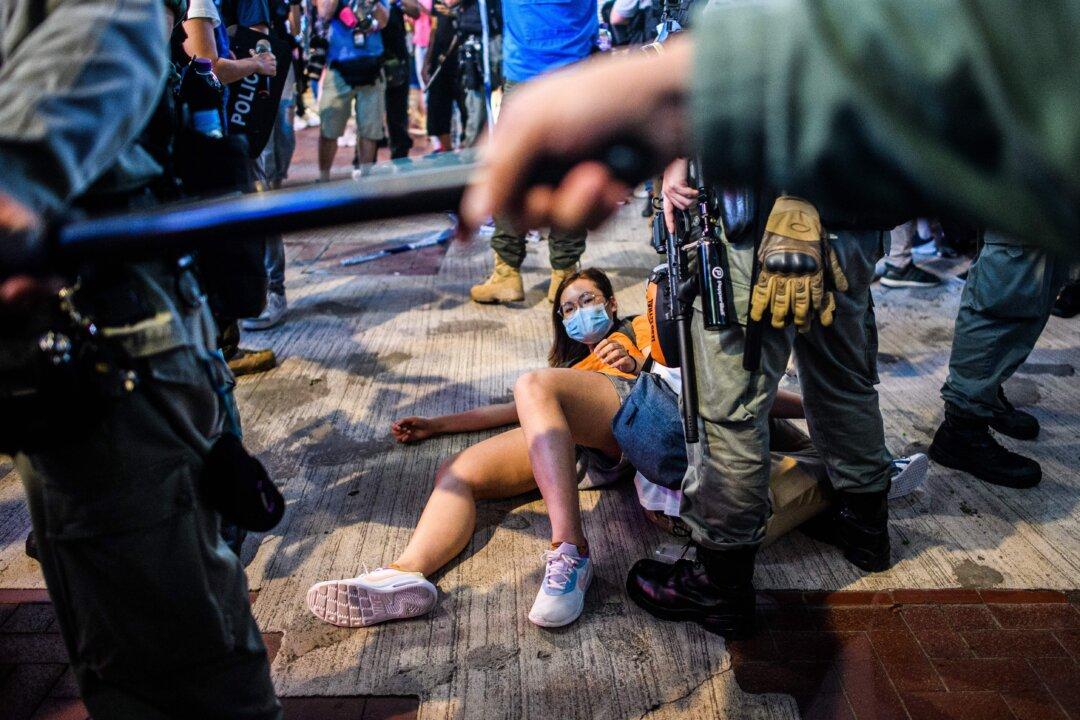The U.S. state department announced June 26 that it will impose visa restrictions on Chinese Communist Party (CCP) officials involved in eroding autonomy and human rights in Hong Kong. The move comes weeks after President Donald Trump promised to take action to counter Beijing’s “smothering” of the city’s freedoms.
The visa restrictions will affect current and former CCP officials responsible for undermining Hong Kong’s autonomy, human rights, and freedoms, U.S. Secretary of State Mike Pompeo said in a statement. The officials’ family members may also be subject to the restrictions.





